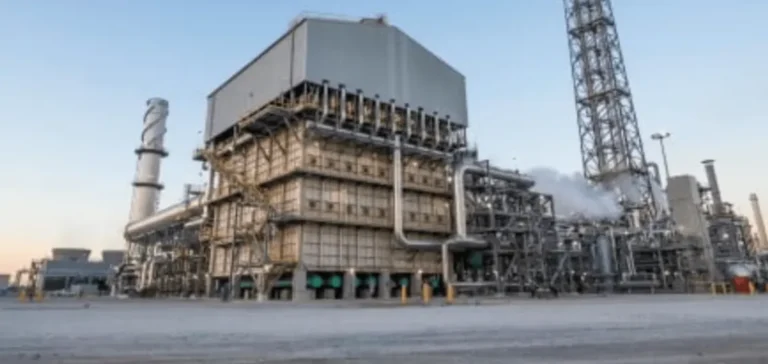AtmosClear BR, a subsidiary active in carbon capture from biomass, announced it has selected ExxonMobil as service provider for the transportation and storage of carbon dioxide (CO₂) from its bioenergy with carbon capture and storage (BECCS) project located at the Port of Greater Baton Rouge, Louisiana. The partnership aims to transport and permanently store up to 680,000 tonnes of biogenic CO₂ annually, with potential for additional volumes.
Existing operational infrastructure
The solution provided by ExxonMobil relies on its integrated carbon capture and storage system, which includes Class VI wells, existing pipelines, and advanced monitoring tools. This infrastructure, already operational, enables a rapid and secure deployment of the project while reducing costs linked to CO₂ transport and storage. AtmosClear’s facility will use biomass as an energy source while capturing the resulting emissions.
AtmosClear Chief Executive Officer Dan Shapiro said the selection of ExxonMobil was due to “its existing infrastructure, safety culture, and operational performance.” He added that the agreement is part of the strategy to deliver carbon removal credits to Microsoft under a purchase contract signed earlier this year.
A market built around carbon removal credits
The AtmosClear project is expected to contribute to the supply of carbon dioxide removal (CDR) credits, which will then be marketed to major industrial customers, including Microsoft. According to stakeholders, this agreement represents one of the largest CDR contracts to date.
Barry Engle, President of ExxonMobil Low Carbon Solutions, said the collaboration represents the fifth such contract signed in Louisiana. He added that the project would “support the local economy” while strengthening the company’s footprint in large-scale carbon storage.
ExxonMobil expands its storage portfolio in Louisiana
ExxonMobil continues to expand its carbon capture and storage (CCS) system, described as the largest in the world. The group is strengthening its presence in a state that is strategic for US energy infrastructure, relying on a model based on long-term CO₂ offtake agreements with industrial players.
With this announcement, AtmosClear is joining an already operational logistics network supported by proven technology. The Baton Rouge site is becoming a key anchor point for a new carbon capture industry integrated into existing value chains.






















